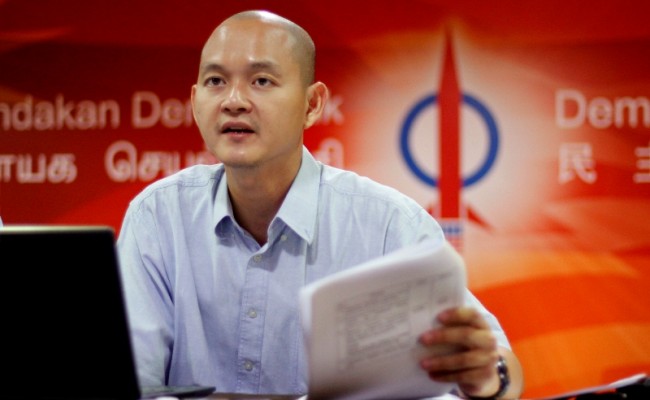Poor management at the top may be the root cause of financial stress and poor quality outcomes in Malaysian private varsities, according to a think-tank.
The Penang Institute in its study of the organisational structure and financial sustainability of the private higher education industry, found that 45 per cent of private varsities had negative assets and 46 percent were loss making.
The study, released in a series of press statements in conjunction with the announcement of the National Higher Education Blueprint 2015 – 2025, uses publicly available data to examine the diversity of the top management teams of Malaysia’s private higher education institutions and found them to be highly similar in terms of demographics, background and experience.
Among the significant findings of this study include the impact of demographic, background and organisational experience of the management of each university on its financial stability.
Penang Institute general manager Dr Ong Kian Ming said the data showed that around 90% of Malaysian Vice Chancellors are men and only 20 per cent of their Deputy Vice Chancellors are women.
“Age also appears to be highly concentrated. The majority of Vice Chancellors are around sixty years old and so close to retirement and as many as 32 per cent are in their fifties. The next generation is also near the end of their careers. Nearly half, 47 per cent of the Deputy Vice Chancellors are in their sixties and 34% in their fifties. The minimum retirement age in Malaysia was raised to 60 years in 2013,” he said.
The study also found:
>> only around 15 per cent of Vice Chancellors and 8 per cent of Deputies have significant overseas management experience, although a good proportion, around, 65 per cent, of Vice Chancellors and 68 per cent of Deputy Vice Chancellors, have international degrees of one form or another
>> Commercial experience is also lacking with as many as 76% of Vice Chancellors and 70% of Deputy Vice Chancellors coming from the public university system with very little commercial management exposure.
The study analysed the management of two universities: UNITAR International University (UIU) and Universiti Tun Abdul Razak (UNIRAZAK), which was split from the original UNIRAZAK in 2007.
Both were managed differently:
>> UIU was taken under the control of Ekuiti Nasional Berhad (EKUINAS) and is managed by a board of six directors, all with strong commercial experience. The business side of the University is managed by a CEO with a commercial background and the academic side is handled by a Vice Chancellor with academic experience, who also happens to be a woman, with many years left in her career. The university has a large and diverse course offering covering business, ICT, education and childhood studies, architecture and hospitality studies. It created the UNITAR Foundation School (UFS) in 2012 to offer a continuous path from secondary school level to university level.
>> UNIRAZAK was taken under the control of Yayasan PINTAR, which is a charitable trust. It is largely managed by its Vice Chancellor who is also the President/CEO. His background is largely as an academic in the Malaysian public universities. There is a small board of directors. The university is a specialist, “Boutique University,” offering a small number of mainly business courses.
The study noted that at the end of 2013, UIU had positive assets and reserves. It was profitable and paying dividends to its owners. Its student numbers were around 9,000 and it had also moved into new facilities to improve its services to students.
In contrast, UNIRAZAK had negative assets and reserves and was making significant losses. Its student numbers were only around 800 and in 2014 it sold its building assets and moved into rented accommodation.
– The Rocket




